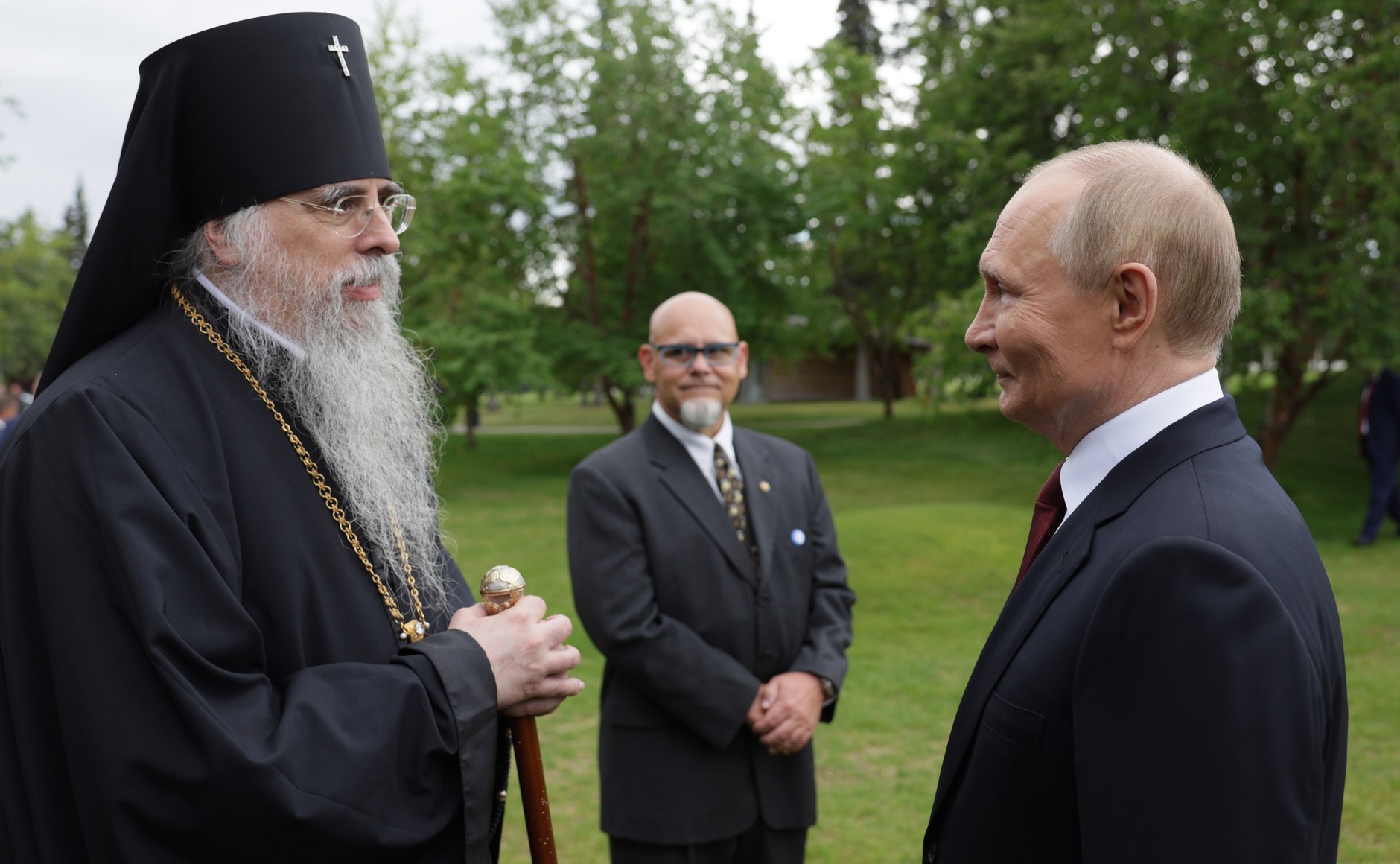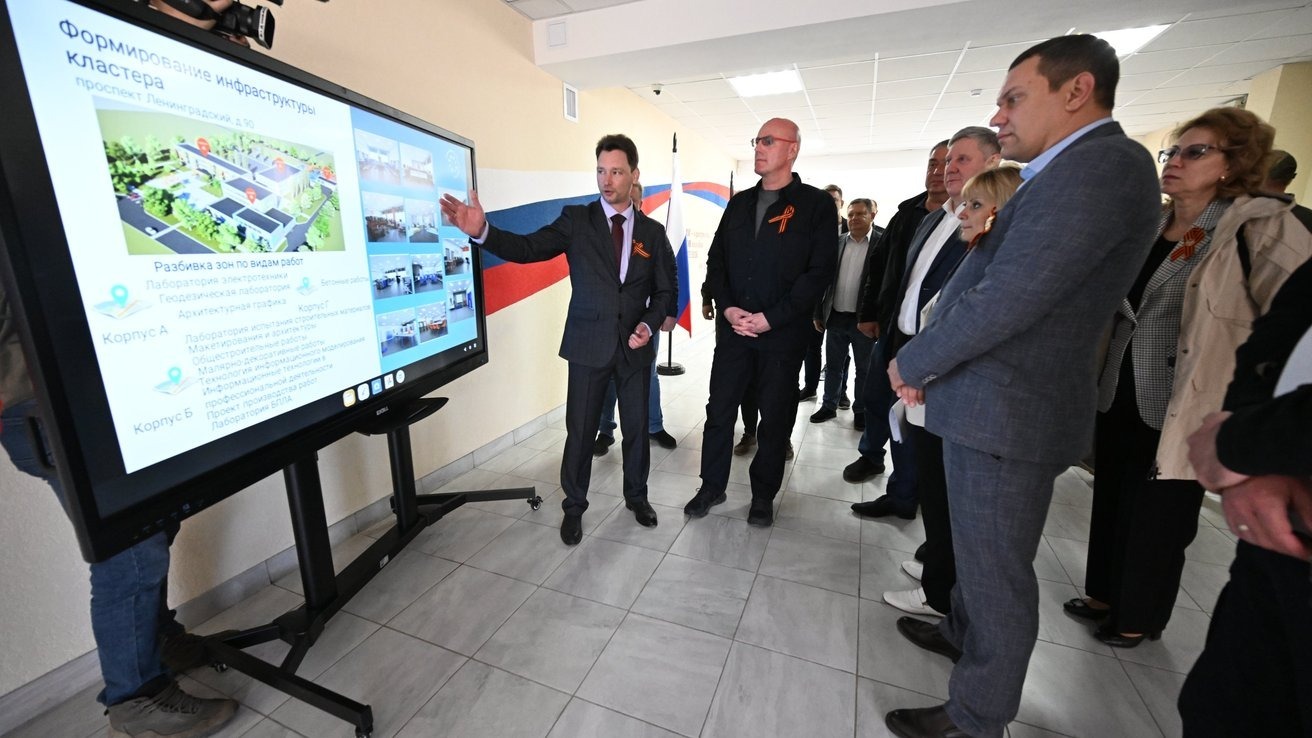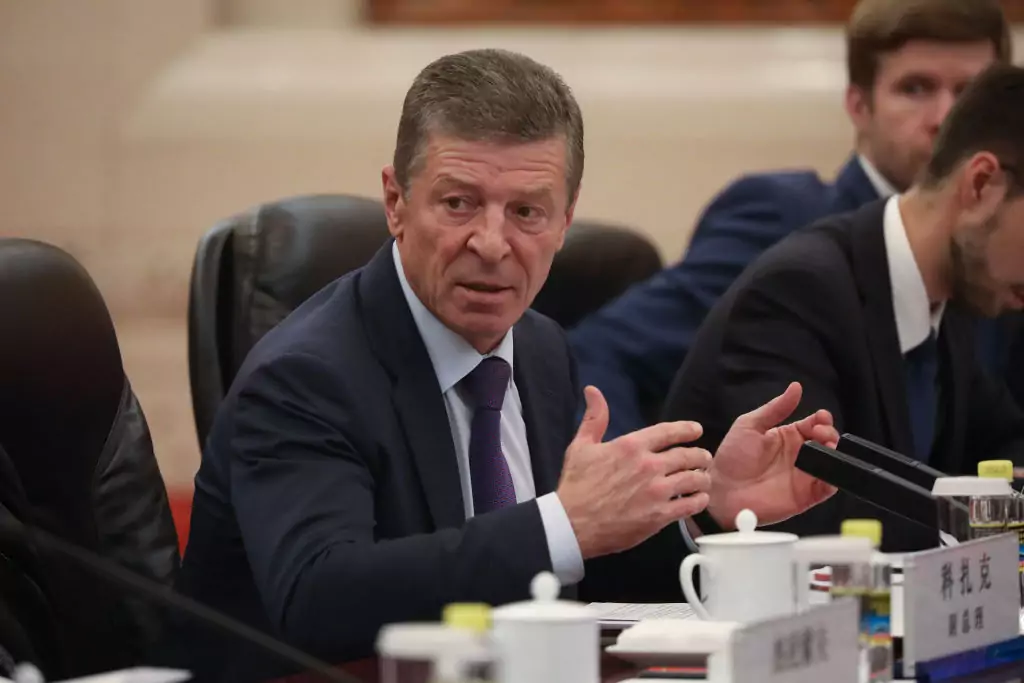
Despite Losses at Home and Abroad, Moscow Patriarchate Helps Kremlin Expand Influence
Despite Losses at Home and Abroad, Moscow Patriarchate Helps Kremlin Expand Influence
Executive Summary:
- The Moscow Patriarchate is taking steps to increase its usefulness to Russian President Vladimir Putin in Russia and abroad to offset its declining power and influence across the former Soviet space.
- The Moscow Patriarchate is aiding the Kremlin in promoting traditional values and making Orthodoxy a more central part of Russian identity while also expanding Russian influence in Africa and beyond.
- The church’s achievements mean that the Kremlin will likely overlook its failures in Ukraine and elsewhere and keep Patriarch Kirill as its head, at least in the short term.
For the past decade, the Russian Orthodox Church of the Moscow Patriarchate (ROC MP) has been shrinking. The Orthodox Church of Ukraine (OCU) achieved official autocephaly in 2019, the Ukrainian Orthodox Church (UOC) distanced itself from the ROC in 2022, and many other post-Soviet national branches of Orthodox churches are taking steps to separate from Moscow (see EDM, February 13, 2024). At home, fewer Russians follow the ROC MP’s precepts or attend its services (The Moscow Times, August 1). These losses have been so large that the Moscow Patriarchate risks becoming a small national church subject to competition from other Orthodox and Christian denominations within Russia (Vazhnie Istorii, January 12, 2024; see EDM, February 13, 2024). The decline the ROC MP’s influence has fueled speculation that Russian President Vladimir Putin might seek the replacement of the current head of the church, Patriarch Kirill, with someone who might prove more effective, most likely Metropolitan Tikhon, a figure widely known as Putin’s “favorite priest” (Window on Eurasia, October 15, 31, 2023, December 31, 2024). Patriarch Kirill and his church have stepped up their efforts to make themselves useful to the Kremlin in response, promoting Kremlin-favored traditional values and pushing Orthodoxy as a more central part of Russian identity than at any time since 1917 while helping the Kremlin expand Russian influence abroad (see EDM, February 3, 2022, April 10, 2024).
The ROC MP’s successes since 2022 make it likely that the Moscow church may see its influence in the Kremlin increase with Patriarch Kirill securely at its helm. Strikingly, both the high-profile failures of the ROC MP and its less-commented-upon successes have increased since Putin launched his full-scale invasion of Ukraine in February 2022. On the one hand, the ROC MP’s uncritical support of Putin’s full-scale invasion of Ukraine has alienated many Russians from the Orthodox church; led Orthodox churches in former Soviet republics to distance themselves from the ROC MP and seriously consider autocephaly; and isolated the Russian church from other Christian communities abroad. On the other hand, Putin’s full-scale invasion of Ukraine has driven the ROC MP to rally around the Kremlin; allowed the Moscow church to present itself as the definer and promoter of traditional Russian values; and dramatically increased the share of Russians who see Orthodoxy as a key definer of Russian civic identity. According to a new Levada Center poll, 61 percent of the residents of the Russian Federation now say that being Orthodox is important to Russian ethnic and civic identity—nearly twice the share who did so in 1996 (Levada Center, August 21).
Three developments over the last month highlight the growing influence of the ROC MP and how its growth benefits the Kremlin. Putin’s meeting in Alaska with the head of the Orthodox Church in America (OCA), Archbishop Alexei, was the most high-profile of these developments. While Archbishop Alexei later asked for forgiveness from those who were unhappy with his meeting with the Russian leader, the meeting exemplifies Putin’s use of Orthodoxy as an instrument of Russian soft power. Orthodox leaders do not recognize the category of an independent national church; instead, they believe that all Orthodox bishoprics and parishes are under one or another autocephalous churches. Because the OCA is part of the ROC MP in these terms, Putin’s meeting reinforced the idea of this hierarchy, spreading Russian influence (The Moscow Times, August 26). The ROC MP’s assertion of authority over churches not officially affiliated with another autocephalous church has caused conflict for the former Russian church in Ukraine, the UOC, as it seeks to distance itself from Moscow to continue to operate in Ukraine (Nezavisimaya Gazeta, August 19).
The second development demonstrating the Moscow Patriarchate’s steps to expand influence is the ROC MP’s August conference on Orthodoxy in Africa held in Moscow. This eight-day meeting attracted Orthodox clerics from across Africa who claim to be part of the Moscow Patriarchate. These claims violate the principle of singular autocephalous affiliation that the ROC MP and Putin used to claim authority over the Alaskan church since Orthodox councils previously assigned Africa to the small Alexandrian patriarchate (Patriarchate of Alexandria and All Africa, accessed September 2). Over the last decade, the ROC MP has been working hand in glove with Russian mercenaries and intelligence operatives to spread Russian influence in Africa (see EDM, September 16, 2024). The conference in Moscow, as the African exarchate of the ROC MP reported, sought to cement this trend (Pravoslavnoe Informatsionnoe Agenstvo, August 27; ROC Patriarshiy Ekzarkhat Afriki, August 30).
The third development may prove the most fateful both for the ROC MP and the Kremlin. In mid-August, the Moscow Patriarchate sent a circular letter to all its bishoprics ordering them to work closely with the Russian Community. This extremist Russian nationalist group has attacked protesters, immigrants, and non-Russian minorities, increasingly resembling the Black Hundreds at the end of tsarist times (see EDM, October 15, 2024, May 27, 28, July 30; Telegram/@tsargradtv, August 25; SOVA, August 26). The Moscow Patriarchate’s letter specified that each bishop should appoint a priest to maintain and develop relations with the Russian Community to involve it more fully in church life. At a time when many veterans of Putin’s war against Ukraine are returning home and being attracted to extremist and even criminal groups that are often pagan in orientation, the Kremlin and the ROC MP hope to Christianize the Russian Community to neutralize the threat they pose (Window on Eurasia, April 7).
This strategy, stemming from the rapprochement of the Kremlin and the Moscow Patriarchate, entails real risks for the future. Christianizing the Russian Community may entwine the Kremlin even more closely with radical nationalism, pushing Moscow toward repression at home and aggression abroad. Linking the Russian Community with the ROC MP could also lead to an alliance similar to the one between Orthodox leaders and the Black Hundreds at the end of tsarist times, which undermined the state that it professed to serve. For that reason alone, the recovery of the ROC MP’s political position in the Russian political hierarchy is a portentous sign (see EDM, October 15, 2024).


